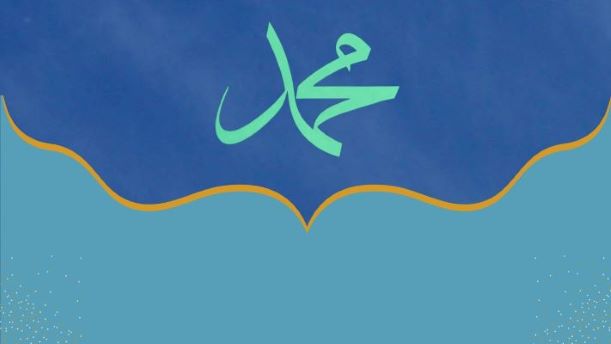The wise Qur’an, the treasury of miracles and itself a supreme miracle, proves his Prophethood and God’s Oneness so decisively that there is no need for further proof. Now we will give its definition and refer to one or two lights of its miraculousness that have been criticized.
The wise Qur’an, which makes our Master known to us, is the eternal translator of the great Book of the Universe; the discloser of the treasuries of the Divine Names hidden in the pages of the earth and the heavens; the key to the truths lying behind events; the treasury of the All-Merciful’s favors and the eternal addresses coming from the Unseen beyond the veil of this visible world; the sun of Islam’s spiritual and intellectual world, as well as its foundation and plan, and the map of the worlds of the Hereafter; the distinct expounder, lucid interpreter, articulate proof, and clear translator of Divine Essence, Attributes and essential Qualities; the educator, true wisdom, guide, and leader of the world of humanity; it is both a book of wisdom and law, and a book of prayer and worship, and a book of command and call to God, and a book of invocation and knowledge of God. It contains books for all of humanity’s spiritual needs, and is like a sacred library offering booklets from which all saints, eminently truthful people, and all purified and discerning scholars have derived their own specific ways.
Consider the light of miraculousness in its reiterations, which are imagined to be a fault. Since the Qur’an is a book of invocation and prayer, a book of calls or invitations [to accept its eternal truths and gain eternal happiness], reiteration is a desirable and most necessary and beautiful instance of eloquence. The invocation of God requires reiteration to impress and enlighten hearts. Through repetition, prayer acquires and gives strength to hearts, and becomes ingrained therein. Commands and calls need restatement to be confirmed and enforced.
Not everyone can read the whole Qur’an whenever they want; usually they can read only one sura (chapter). This is why its most important purposes are reiterated in most of the longer chapters, each of which thereby can serve as a small Qur’an. Certain purposes and themes like Divine Unity, Resurrection, and the story of Moses are repeated so that no one is deprived of their benefits. Also, spiritual tastes and needs vary like bodily ones. We need some of them at every breath. Just as the body needs air, the spirit needs Hu–Huwa (He–God). We need some others every hour, like Bismillah (In the Name of God). And so on. The reiteration of verses therefore arises from the recurrence of needs. The Qur’an reiterates to point out those needs, to make them deeply felt, and to stir our desire to satisfy them.
Furthermore, in its role as a founder, the Qur’an is the basis of a manifest religion and the foundation of the Islamic world. It came to change human social life and answer the recurring questions and needs of various classes of human society. A founder uses repetition to affirm, and reiteration to emphasize. A new establishment requires confirmation and strengthening, and therefore repetition.
The Qur’an speaks of such important matters and subtle truths that reiteration in different contexts is necessary to impress their different aspects on people’s minds and hearts. However, such repetitions are merely apparent, for in reality each verse has manifold meanings, numerous benefits, and many aspects and levels. In each place, the words or verses occur in a different way and context, for a different meaning, purpose, and benefit.
Also, the Qur’an mentions certain cosmological matters in a concise, allusive way. This method cannot be criticized, for it is another light of its miraculousness in its role as the guide of humanity.




